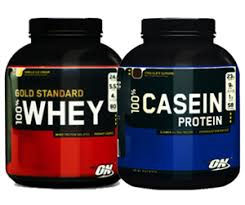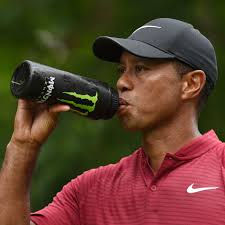Replace that Sweat
- schmidttm6
- Oct 21, 2020
- 2 min read
In order for our bodies to cool down during exercise, or just on a hot day, we sweat. The more we sweat, the more we're going to lose water from our blood. The blood becomes more concentrated and has more sodium levels. This is when we become thirsty. But as an athlete, we may not have time to recognize we are thirsty. That's why it's important to drink enough water before we ever become thirsty.
Dehydration can affect your performance because it increases the body's temperature, the heart beats faster, glycogen (stored energy) is burned more readily and all of this will make exercise feel harder. A simple way to tell if you are dehydrated is to look at your urine concentration. A light yellow is a sign of hydration. A dark yellow is a sign of dehydration and a very faint yellow or clear is a sign of overhydration. Drinking too much water can cause a loss of electrolytes, or minerals.
Fluids Before Exercise
To make sure you are appropriately hydrated for a training session, you should drink 2-4 milliliters of water per pound of body weight at least four hours before exercise. For example, a 185 pound athlete would need to consume 370-740 milliliters of water, or 13-25 ounces.
Fluids During Exercise
Drinking water during exercise is to prevent excessive dehydration. If exercise is strenuous, drinking water sporadically throughout the training session will help with hydration and energy levels. For athletes who train for more than 2-3 hours, you should drink according to your thirst desires. If participating in hard exercise for over an hour, you should try to consume 120-240 calories of carbohydrates along with water, such as a Gatorade. For exercise that last longer than 2.5 hours, consume 60-90 grams of carbohydrates along with water in order to keep sustainable energy.
Fluids After Exercise
Your water intake after exercise will depend on how much sweat and electrolytes you lost during exercise. Most athletes will be able to replenish electrolytes through meals that they consume and drinking an amount of water that feels appropriate. If there is another training session within 12 hours, you'll need to drink more water and consume extra salt. You can do this by adding table salt to meals. Drinking water over time, rather than a large amount in one sitting, is more beneficial for water retention and your body will recovery better.
Sources
Clark, N. (2020). Protein: Building and Repairing Muscle. In Moore, D.J., Baur, M. & Mrozek, A.E (Eds.), Nancy Clark's Sports Nutrition Guidebook.
.png)



Comments